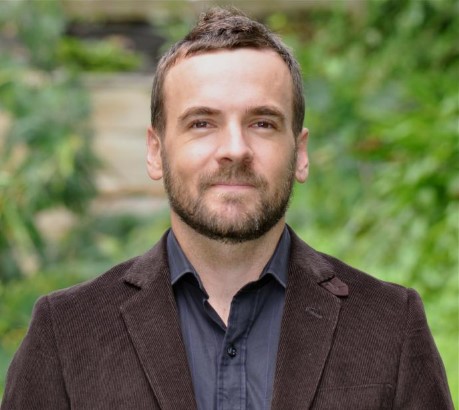Jonathan Tonkin

2018: Dr Jonathan Tonkin, University of Canterbury, School of Biological Sciences, has been awarded a Rutherford Discovery Fellowship for research entitled: ‘Rethinking ecological networks in changing environments.’
Biography
Dr Jonathan Tonkin is a quantitative community ecologist. He received his PhD in ecology from Massey University in 2014. Since completion of his PhD he conducted research as a Lecturer at the Xi’an Jiaotong-Liverpool University, Suzhou, China, as a postdoctoral fellow at the Senckenberg Research Institute and Natural History Museum, Gelnhausen, Germany, and at Oregon State University, Corvallis, USA. During these appointments, he was able to gather the wide ranging expertise to establish his own laboratory back in New Zealand. He has a strong empirical background in river ecosystems, but his research asks more general questions to understand ecological networks in dynamic environments.
Research Summary
Modern ecologists are good at understanding individual different parts of ecosystems, but are often less proficient at understanding the shared dynamics of entire ecosystems. Connecting these different ecosystem sectors and unravelling complex high-dimensional data remains a major challenge for both basic and applied ecology. Global climate and land-use change are rapidly altering the environment on which ecological interaction networks assemble and persist. Networks comprise species-specific responses to environmental fluctuations and interactions between species. These interactions may amplify or dampen environmental signal and noise. Thus, we cannot understand and predict how a network will respond to a changing environment without understanding how responses and interactions vary over time.
Dr Tonkin will address this critical need in ecology. He proposes a fundamentally different way of thinking that relies on coupling the detailed natural history of species with mechanistic models to generate understanding of networks under fluctuating environmental conditions. Instead of incorporating biological interactions at the outset, these emerge from the model itself under different environmental contexts. Dr Tonkin will employ this novel modelling framework to quantify how targeted management interventions under uncertain environmental futures propagate through entire ecosystems altering interactions among species. Then he will disentangle how different environmental fluctuations interact with the spatial scale at which species move, to generate new insight into ecosystem stability under global climate change. His work will use global datasets to deconstruct the role of both natural and human-altered environmental fluctuations on species coexistence and interaction networks across broad spatial and temporal scales. The advances to our understanding of ecological networks provided by this research will enable better prediction and management of entire ecosystems in future climate settings where natural cycles in the environment are disrupted.
